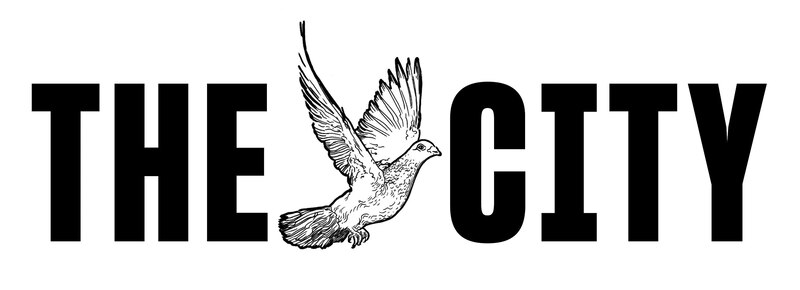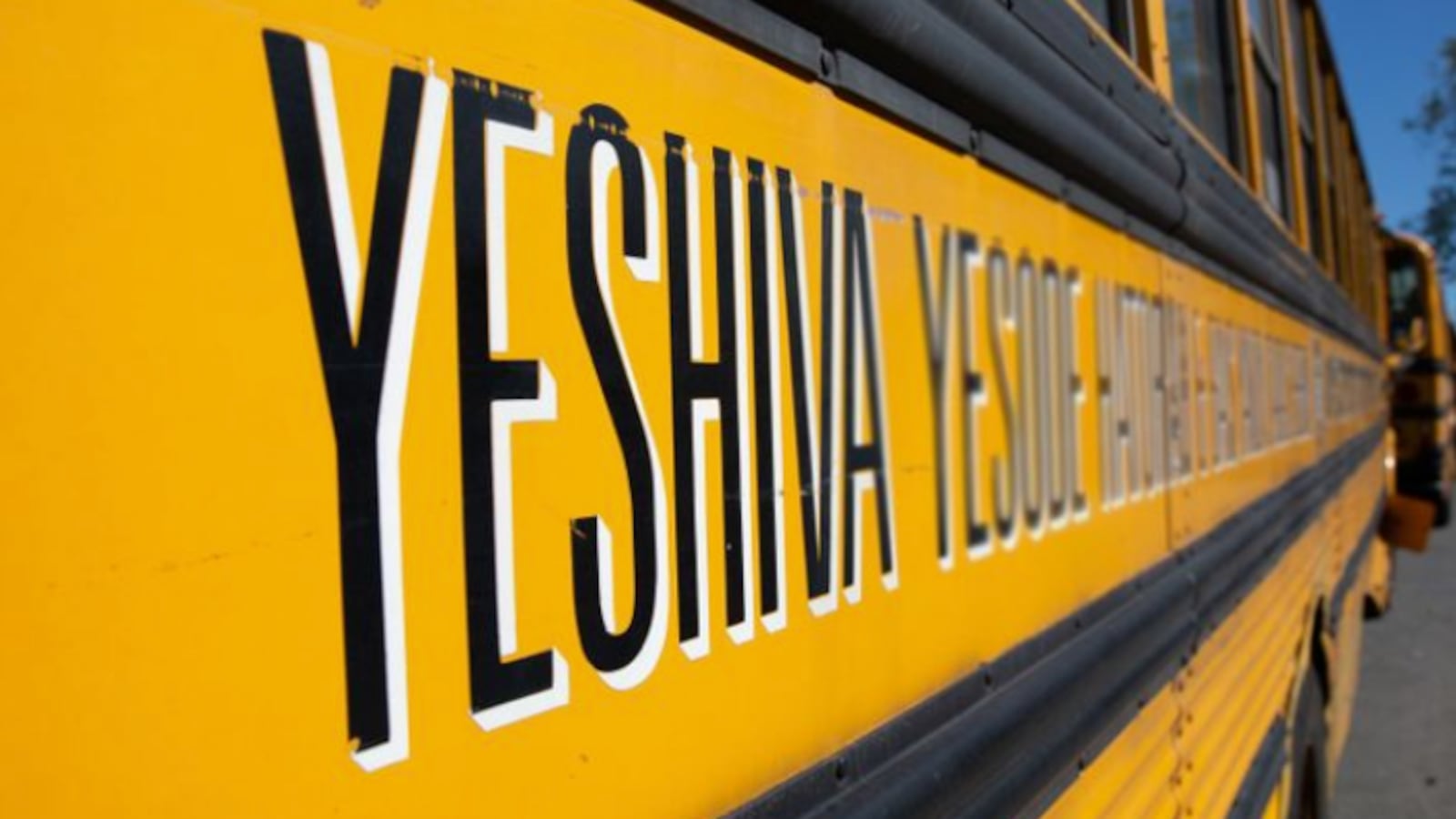
This story was originally published on Jan. 28, 2020 by THE CITY.
Some Brooklyn yeshivas have blown a Jan. 15 deadline for providing the city Department of Education with a roadmap for how they’ll boost their secular education, officials said Monday.
Meanwhile, the city’s Department of Investigation and Special Commissioner of Investigation released a joint memo that officially closed a probe into whether the de Blasio administration slow-walked its review of the yeshivas over political considerations.
City education officials refused to say which — and how many — of the 26 Orthodox Jewish schools have yet to submit an improvement timeline, even as an investigation of allegations they’re not meeting instructional standards drags into its fifth year.
“It’s unbelievable,” said Naftuli Moster, the executive director of Young Advocates for Fair Education, which filed the complaint that sparked the investigation in July 2015.
“What are the consequences?” added Moster, whose group alleges multiple yeshivas teach little or no English and math. “It seems they can get away with it forever.”
Miranda Barbot, a city Department of Education spokesperson, would only say that “most schools have sent us a response” to the timelines request.
A spokesperson for PEARLS (Parents for Educational and Religious Liberty in Schools), a group that represents the yeshivas at the center of the investigation, said “approximately two dozen” of the yeshivas have complied.
Probe of Delay Deal Done
Last month, the city Department of Education revealed that just two of the 28 schools examined were providing students with an education that’s “substantially equivalent” to that of city public schools — the minimum standard required by state law.
Five of the schools showed “no evidence that English is consistently used as a language of instruction,” according to a Dec. 19 letter from Chancellor Richard Carranza to state education officials. State law requires that certain core subjects be taught in English.
Carranza’s letter came a day after investigators said they uncovered a 2017 political deal between City Hall and state lawmakers to delay the release of an interim report on the yeshiva investigation to ensure that mayoral control of schools would be extended that year.
The interim report wasn’t made public until August 2018, well after the state Legislature renewed mayoral control. But investigators determined the political deal violated no laws, in part because it didn’t alter the content of the interim report.
The closing memo obtained by THE CITY Monday said that “evidence did not permit a conclusion as to whether the mayor had personally” delayed the report.
“However, the totality of the evidence indicates that the mayor was aware that the offer to delay had been made, prior to the final push to secure the votes for mayoral control,” the joint memo says.
Investigators reported interviewing and reviewing emails of “current or former representatives of the mayor’s office.”
But they apparently never questioned the mayor directly. De Blasio said at a Jan. 6 news conference that he had not been questioned by either investigatory agency.
‘Slow-Walked From the Start’
Critics contend that the de Blasio administration purposely delayed its review of education standards at the yeshivas, and has gone to great lengths to protect their operators.
“This has been slow-walked from the start,” said David Bloomfield, a professor of education leadership, law and policy at Brooklyn College and the CUNY Graduate Center.
“The customer here is the students, but the administration seems to think that they’re advising the yeshivas,” he added. “And it’s of particular importance that those yeshivas be named not only as a matter of accountability to parents but to the public, since millions of dollars of taxpayer funds go to these schools.”
Carranza and de Blasio have repeatedly defended their collaborative approach with the schools, noting they don’t have the authority to bang down doors.
“We’re not trying to shame people. We’re trying to get results,” de Blasio said at the news conference earlier this month.
At the time, he promised tough sanctions if the schools — particularly the handful furthest from meeting state standards — fail to improve over the next three years.
“Those five schools have to respond vigorously soon or else they’re going to find, both in terms of the city and the state, that they have a bigger problem on their hands and that their funding could be undermined,” de Blasio said.
Additional reporting by Greg B. Smith.

